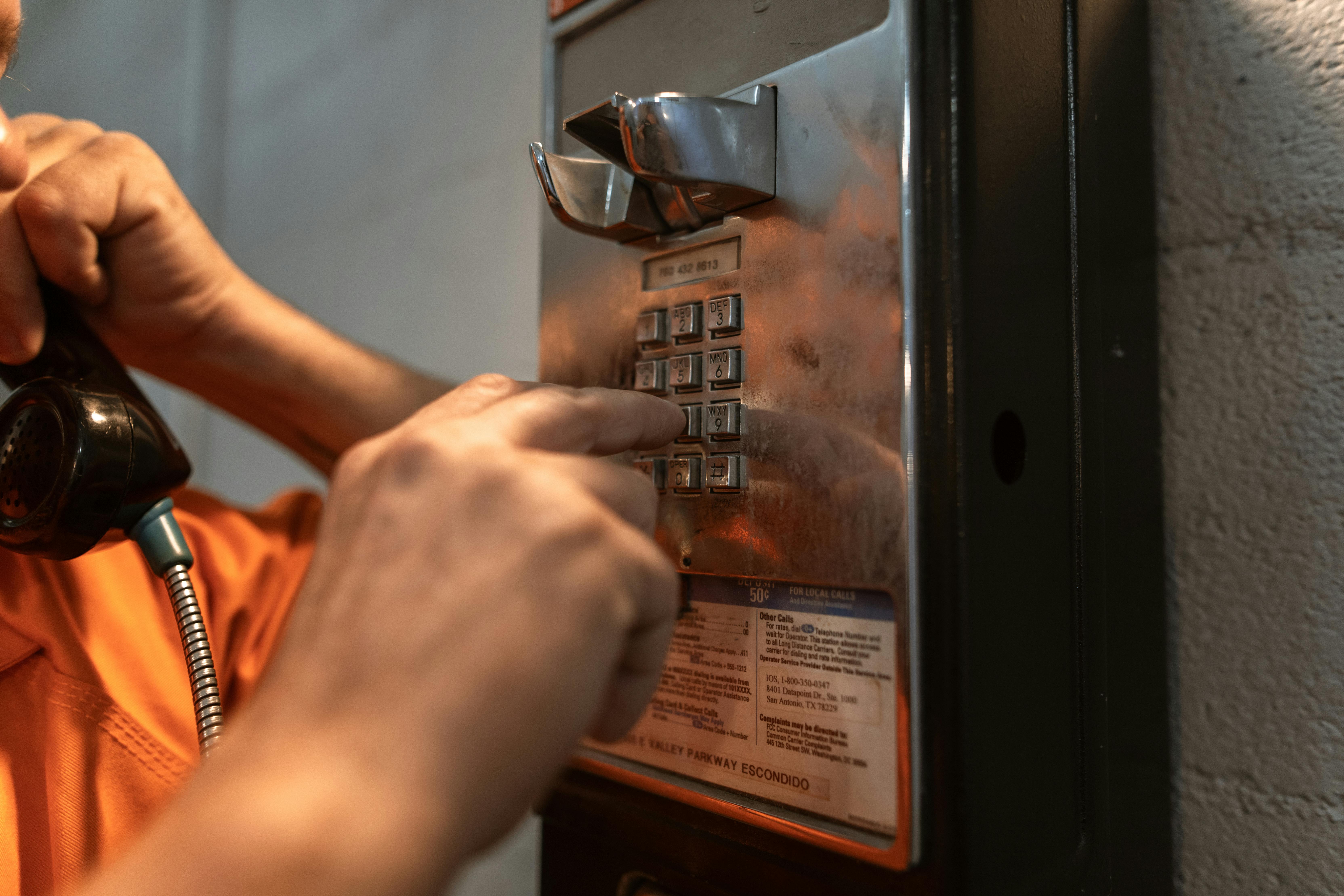Hell has no rage like a despised woman. This is something ‘Bob’ learned the hard way a few years ago when a jilted lover sprayed his face and upper body with acid. She cleverly lured him into a trap by asking him to drop her off to pick up some things at the Sun ‘N’ Sand Beach hotel in Kikambala, near the Mombasa-Malindi highway. He had done his homework well and knew that to get to the hotel, which is quite inland from the road, they would pass through dark and deserted areas. Love affairs are hard to read from the outside, so whether the lady in question was actually planted or not is something that no one except the two of you can know for sure. But I don’t think anyone deserves an acid bath for some reason.
They met around 8:00 am and left for the hotel. In the most deserted stretch, the lady poured the acid on the left side of her face and upper body. She stabbed him too, but luckily the knife didn’t touch any vital organs. It was the burning and the realization that he was staring death in the face in a dark, deserted place that was really getting to him. It stayed there burning for about two hours. Fortunately he survived. He was rescued by a tourist and travel van driver who came from the hotel and was rushed to the hospital where he remained for months undergoing reconstructive treatment. His face was permanently disfigured when he left the hospital.
According to reports I have read, an acid bath initially feels like hot water on the skin. Then there is stinging and a burning sensation that gets worse and worse as the acid eats away at the meat. The victim feels that his face is melting. Many victims of this heinous and cowardly crime die shortly after the attack, but those who survive require months of hospitalization and reconstructive surgery. It is as if the acid also continued to devour the victim’s flesh long after the treatment began. Some have to rebuild their faces piece by piece over time. Either way, they carry the physical and emotional scars for life. The psychological trauma of permanent disfigurement is immense, and considering that most attackers target the face, permanent blindness is common.
This cowardly but terrifying phenomenon is not as common in Kenya as it is in countries like Cambodia and Nigeria, but that doesn’t mean it doesn’t happen. Acid assault cases reported at Kenyatta National Hospital, for example, range from 4 to 5 per month. In the Nairobi women’s hospital they are few and far between, but when they are brought in, they are of such magnitude that they are not easily forgotten. Acids and other corrosive substances belong to laboratories and industries but they are very easy to acquire. Sulfuric and hydrochorolic acids, which are the most used by attackers, are available without a prescription at 500 Kshs per liter. You can even get it from auto repair shops for a pittance. Although Kenya has signed three UN conventions regulating the sale of acids and other corrosive agents, it has not yet adopted this law in the country.
Acid killers are just as bad as gun criminals, and just like we have gun controls, we need regulation on the sale of acids and other corrosive substances.
